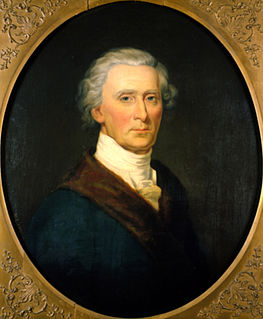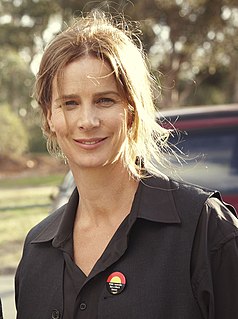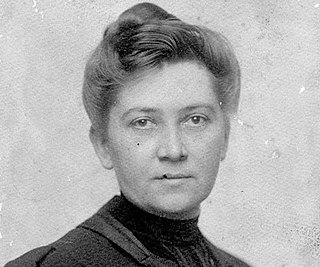A Quote by Arthur Schopenhauer
Because Christian morality leaves animals out of account, they are at once outlawed in philosophical morals; they are mere 'things,' mere means to any ends whatsoever. They can therefore be used for vivisection, hunting, coursing, bullfights, and horse racing, and can be whipped to death as they struggle along with heavy carts of stone. Shame on such a morality that is worthy of pariahs, and that fails to recognize the eternal essence that exists in every living thing, and shines forth with inscrutable significance from all eyes that see the sun!
Quote Topics
Account
Along
Animals
Any
Because
Carts
Christian
Christian Morality
Death
Ends
Essence
Eternal
Every
Exists
Eyes
Eyes That See
Fails
Forth
Heavy
Horse
Horse Racing
Hunting
Inscrutable
Leaves
Living
Living Thing
Means
Mere
Morality
Morals
Once
Out
Pariahs
Philosophical
Racing
Recognize
See
Shame
Shines
Significance
Stone
Struggle
Sun
Therefore
Thing
Things
Used
Vivisection
Whatsoever
Whipped
Worthy
Related Quotes
Must love be ever treated with profaneness as a mere illusion? or with coarseness as a mere impulse? or with fear as a mere disease? or with shame as a mere weakness? or with levity as a mere accident? whereas it is a great mystery and a great necessity, lying at the foundation of human existence, morality, and happiness,--mysterious, universal, inevitable as death.
Without morals a republic cannot subsist any length of time; they therefore who are decrying the Christian religion, whose morality is so sublime and pure (and) which insures to the good eternal happiness, are undermining the solid foundation of morals, the best security for the duration of free governments.
Although I'm not Christian, I was raised Christian. I'm an atheist, with a slight Buddhist leaning. I've got a very strong sense of morality - it's just a different morality than the loud voices of the Christian morality.... I can't tell you how many films I've turned down because there was an absence of morality. And I don't mean that from any sort of Judeo-Christian-Muslim point of view. I'm not saying they're wrong and can't be made. But, fundamentally, I'm such a humanist that I can't bear to make films that make us feel humanity is more dark than it is light.
When one gives up the Christian faith, one pulls the right to Christian morality out from under one's feet. This morality is by no means self-evident. Christianity is a system, a whole view of things thought out together. By breaking one main concept out of it, the faith in God, one breaks the whole. It stands or falls with faith in God.
Life is two things. Life is morality – life is adventure. Squire and master. Adventure rules, and morality looks up the trains in the Bradshaw. Morality tells you what is right, and adventure moves you. If morality means anything it means keeping bounds, respecting implications, respecting implicit bounds. If individuality means anything it means breaking bounds – adventure.
Many a man renounces morals, but with great difficulty the conception, 'morality.' Morality is the 'idea' of morals, their intellectual power, their power over the conscience; on the other hand, morals are too material to rule the mind, and do not fetter an 'intellectual' man, a so-called independent, a 'freethinker.'
I have long suspected that the power of speech is not a power at all, but a mere form of hysteria from which the living that really know the truth never suffer because they do not fear life or death as we do and can afford to be calm and silent. The frailest flower that blooms knows that it will rise from the dead in the next season's sun, breathe, feel again the dew and rain. Therefore these little ones make no such tragedy as we do of death.
We're always projecting our moral categories on things. I think that's inevitable. But capitalism places no particular value on morality. Morality in the market is enforced by contract and regulation and law, because morality is understood to be in conflict with the motive force of greed and accumulation.
Every living thing, animal or human, or tree experiences that which is called death, with no exception. You've all accepted that one a long time ago. Spirit, which is who we really are, or Source, is eternal. So what death must be is a changing of the perspective of that Eternal Spirit. If I am standing in my physical body and am consciously connected to that Eternal Spirit, then I'm Eternal in nature and I need not ever again fear any endedness, because, from that perspective I understand that there is not any of that.








































